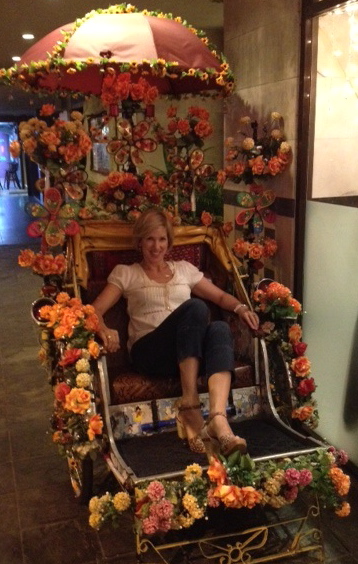Thank you to editor Jillian Mukavetz and womens quarterly conversation for asking me really smart and fun questions.
Here’s the introduction to the interview, for the full text please click here:
womens quarterly conversation profile in poetics with Maria Garcia Teutsch
You are sitting beneath the shade of a coral curtain. The curtain was created by ‘we’ hand-strung ornaments, balanced from sandy trees in the Far East. In the Western hemisphere of the world ‘I’ stretch out my legs on a plush Ikea perch, making sure to check if ‘I’ have enough. Carbon dioxide cartridges for my home made sparkling mineral beverage, for example. Take a step away from the romanticization of these images and ask yourself the following. Does patriarchal structure and commodification depend on its cultural configuration? How does self and subjugation interplay in the conversation? Does identity depend on its soil? We converse today with Maria Garcia Teutsch: a writer whose journey in this interview begins as a young girl planter of wishes.
Teutsch now, self-ascribed as “southern-protestant-pacifist-radical-chicana-feminist-super-pussy-take-no-crap-offa-nobody-no-how-type-of-writer,” is a well-traveled poet, mother, wife, teacher, community builder devoted to “helping artists get their stuff out there.” We speak to her about America’s open markets and how language is “shaped into the image of its maker”. The message is not always easy for readers to digest because of the origin of the earth. She admits, “part of the beauty of poetry is that I can break language down and let it do the work.” Here we glimpse how revolution occurs every day, pronounces and obscures the inscriptions of our cultural framework, and how we learn to respect the nuances of that glass of water.
Teutsch’s most recent work, the focus of this profile, The Revolution Will have its Sky, is the recent winner of the 2014 Minerva Rising chapbook competition. The collection contemplates existential notions of the self. She tells us, “we little beings do all we can to change the world, and the effort is worth it, but don’t confuse good work with importance.” The focus of this book is about “women as subject, object, and ruler.” Here we “invert the social order and in the end, the madame becomes queen. Queen of what? The social order is still patriarchal, the war machine still goes on, but the revolution, well, that may have just begun.” Let us applaud and take part. In the revolution.
–Jillian Mukavetz, EIC womens quarterly conversation

